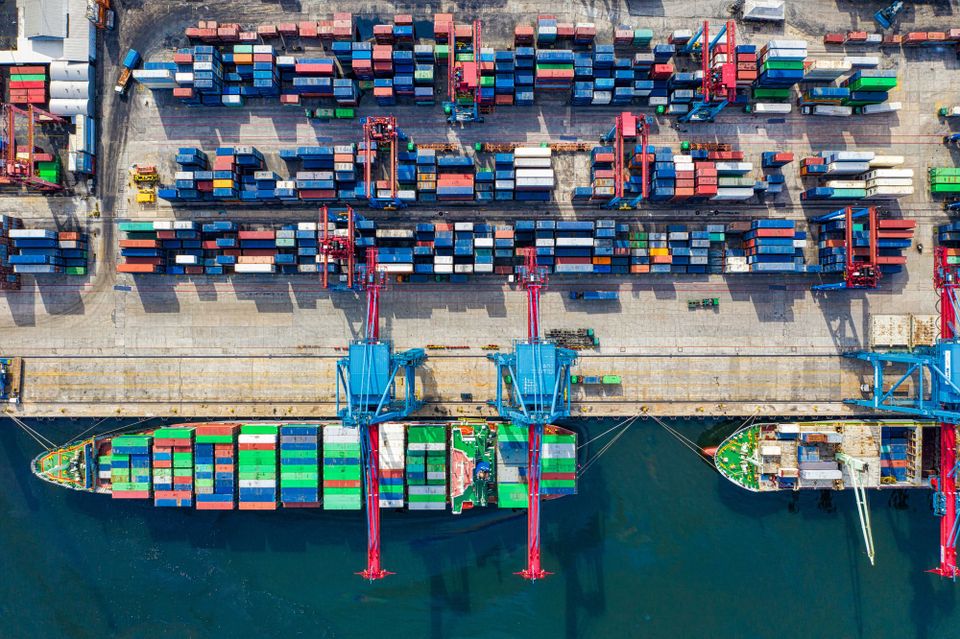Shipping and Operational Deceit

You’ll probably have heard of the term ‘greenwashing’, the deliberate PR process of persuading the public that a product or service is environmentally friendly. Similar processes are also found in other places – and that’s how we coined the phrase ‘compliancewashing’.
Compliancewashing is the deliberate process of persuading a person or organisation that procedures are being followed according to company policy. An administrative burden that is common in shipping to help with passing inspections. The work that is put into reporting in order to make a report ‘look good’, but using doctored data.
Forced to fill out oceans of reports, crew often faces a choice: cheat by filling in everything retroactively (which casts doubt on the data itself), or try to find time to do everything according to the rules (which is often not physically possible).
How it works today
Usage of the International Safety Management Code has done a lot of good things for shipping by creating a standard that can be followed by the crew onboard and the management on land. However, right now safety at sea and the ISM-code are facing a challenge – in many cases checklists that are used on board are not practical and helpful. In fact they create an extra burden for the crew. Many have forgotten or don’t know that checklists are living documents that can be changed, improved, added to or deducted from.
The problem is that these days the main focus is not on safety but on compliance. Drills are marked as completed even though they have not been performed; maintenance work is reported but not carried out and checklists filled out just to be filled out. We see these issues in incident reports, but nothing changes. Simply adding a line in the procedures will not make a difference – but still this is the common way of ‘rectifying’ the cause of the incident.
Shipping needs to shift from compliancewashing to real time operational safety. By finding a way of making sure that processes and procedures are used in the operation, real time safety can be achieved. Not as today, where the paperwork is done just to be compliant and a way to make seafarers believe that dangerous operations are risk-free.
The trust dilemma
Can management trust the crew to follow processes and use the procedures when they only exist to ensure compliance? Also, can the crew trust the management who is not actively working on making said processes and procedures make sense for the operation?
The digital transformation inevitably presents questions to do with monitoring. By digitalising procedures compliancewashing can be successfully dealt with. It may sound intrusive but to be honest, if you are not comfortable with being monitored to make sure your job is being done in the correct way, you probably shouldn’t be responsible for a vessel – or its crew, cargo and passengers. And if you are not ready to receive feedback from the operators or work towards real time operational safety, then maybe you are in the wrong place as a ship manager.





